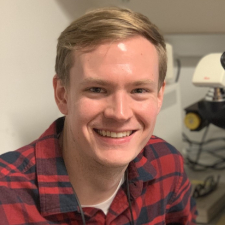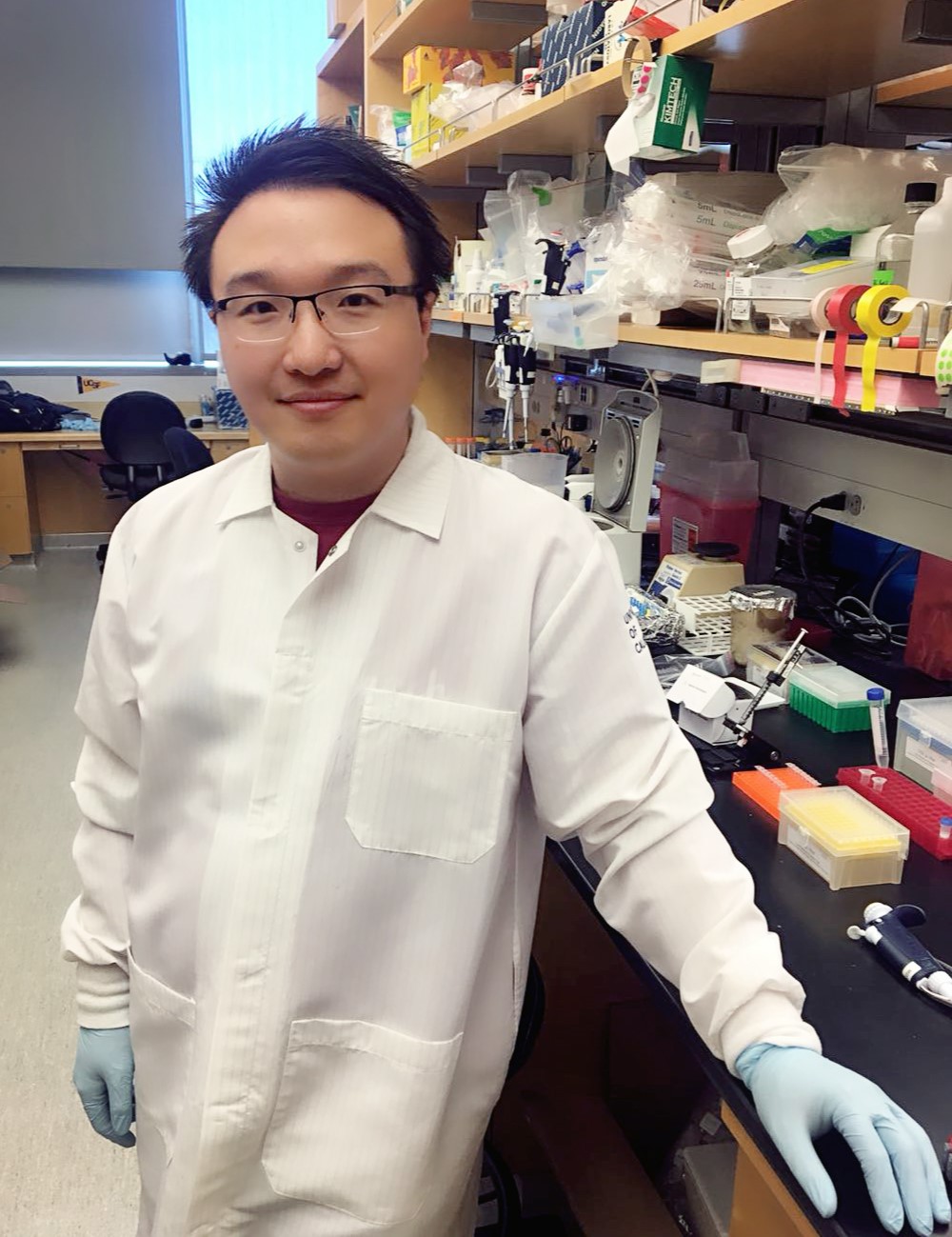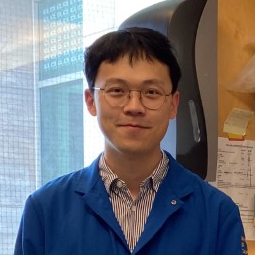Dr. Walter focuses on splicing factor genes, which carry out the RNA splicing process and are widely mutated in lung cancer. The splicing factor U2AF1 is mutated in 2% of lung cancer patients, but 80% of these mutations are identical, making it one of the most common missense mutations in lung cancer. Scientists do not have a good understanding of why this mutation occurs, or how it promotes cancer development. Dr. Walter will use a combination of cell and mouse model systems along with patient data to identify the unique molecular and genetic features of U2AF1-mutant cancer cells with the goal of identifying new therapeutic targets for lung cancer patients.
Lung Cancer
Current Projects

Dr. Yang is examining tumor heterogeneity in search of new diagnostic markers and potential therapeutic targets. A tumor consists of not only cancer cells, but also immune cells, fibroblasts, and other stromal components. The diverse cell types and cell states that form the tumor microenvironment (TME) may promote disease progression and lead to therapeutic resistance. Dr. Yang aims to uncover fundamental principles of tumor evolution by generating a comprehensive and quantitative “traffic map” of cancer cell state transitions and fitness changes during tumor development. Understanding this fundamental question has the potential to reveal key biomarkers that predict treatment response and actionable targets that drive resistance, thereby opening up new possibilities for long-lasting, multilayered tumor control.

Dr. Zheng [Connie and Bob Lurie Fellow] is developing small molecules that selectively inhibit the protein K-Ras(G12D). Pancreatic ductal adenocarcinoma (PDAC) is the most lethal common cancer due to the infrequency of early diagnosis and the lack of targeted or immune therapies. A high percentage (>90%) of PDAC patients harbor KRAS mutations, with the majority expressing the K-Ras(G12D) missense mutation. Despite extensive drug discovery efforts across academia and industry, there are no approved drugs directly targeting oncogenic K-Ras(G12D). K-Ras lacks an apparent surface topology for reversible small molecule binding, leading to its notorious characterization as “undruggable.” Dr. Zheng is searching for small molecules that form a permanent bond with the mutant protein at its missense site and inhibit its interaction with effector proteins.

Dr. Zheng [Fayez Sarofim Fellow] is dedicated to the development of technologies for studying tumor evolution within their native contexts. Understanding the complex processes of cancer growth and progression requires a deep exploration of the dynamic interactions between tumor cells and the tumor microenvironment. “Spatial-omics” technologies are powerful tools that offer direct visualization of cells and their interactions in natural contexts, enabling systematic investigation of these intricate processes. Dr. Zheng aims to develop novel spatial-omics technologies that combine imaging and gene sequencing approaches to uncover the mechanisms underlying the spatially distinguished features of tumor evolution. Dr. Zheng received his PhD from Harvard University, Cambridge and his BS from Peking University, Beijing.







